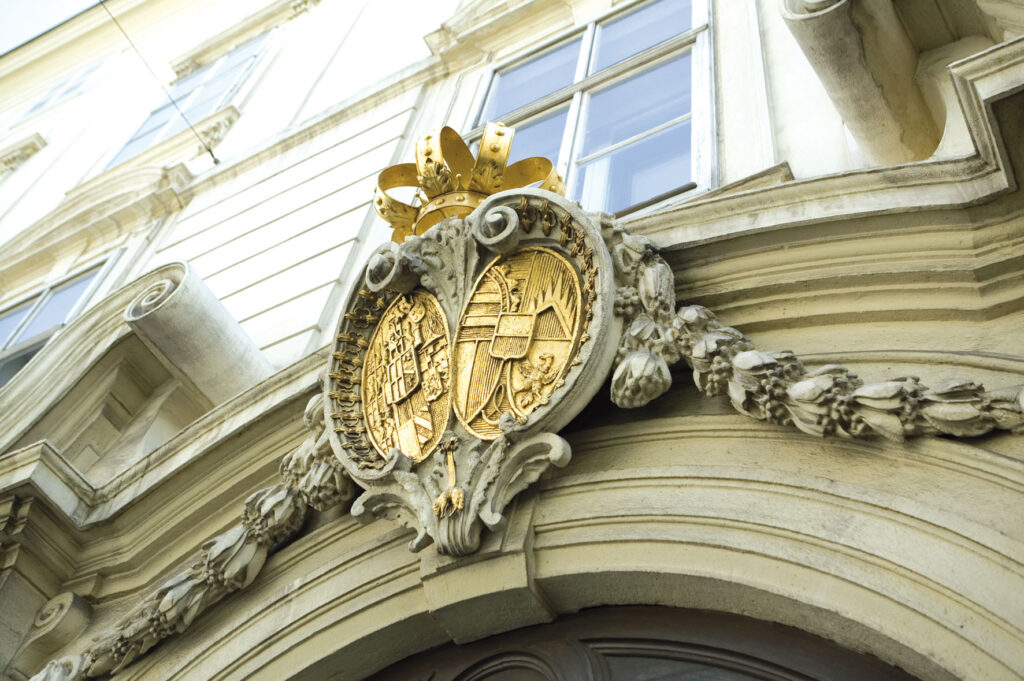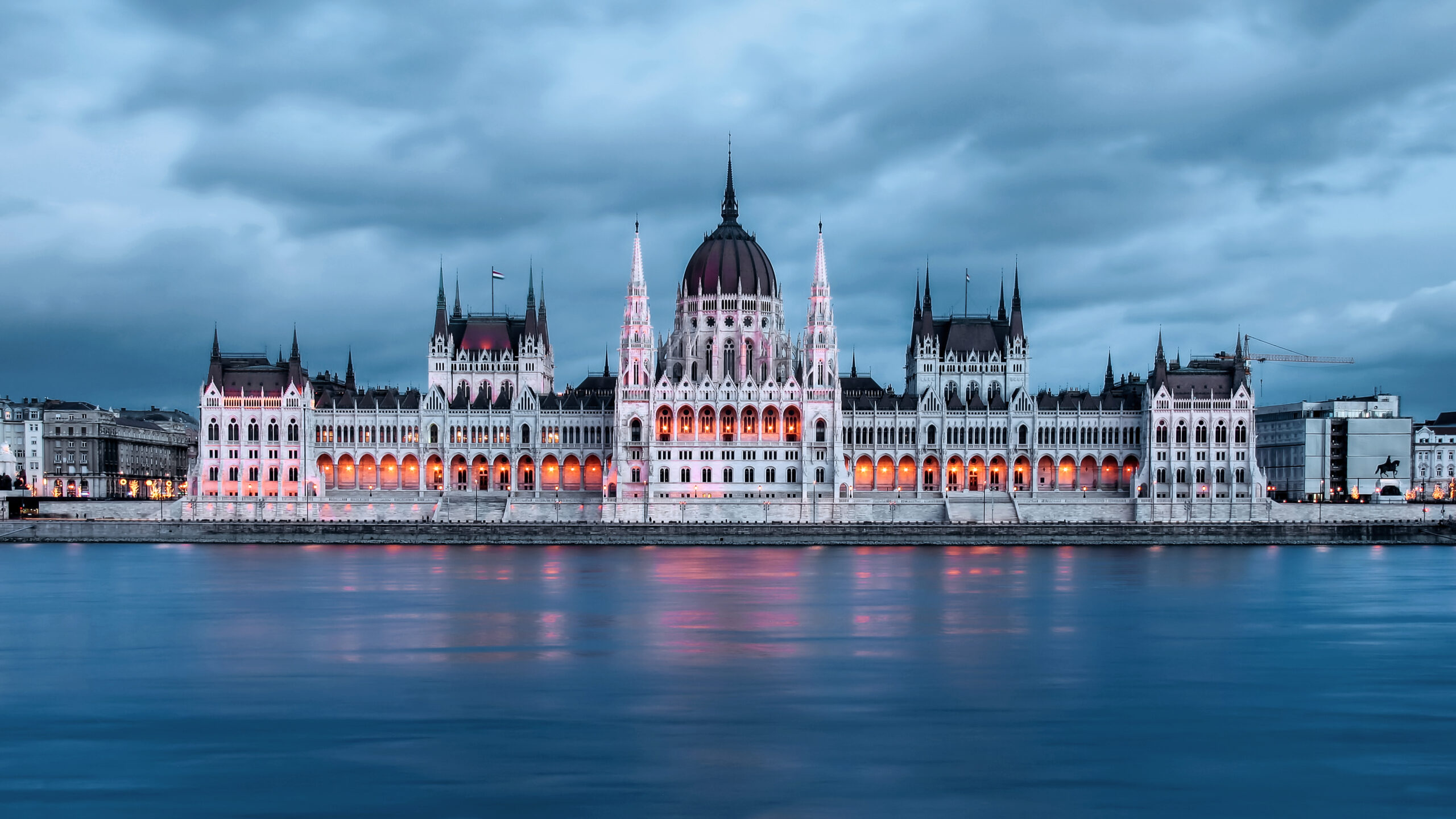

For centuries Slovenia, parts of Croatia, Serbia, and Montenegro were part of the Habsburg Empire. Bosnia and Herzegovina was administered by Vienna for several decades between the end of the 19th century and World War I. What remains of these historical ties in Austrian foreign policy today? We discussed this with Florian Bieber, director of the Center for Southeast European Studies at the University of Graz.
Between World War I and World War II, Vienna became disinterested in the Western Balkans. At that time, Austria was a weak and disputed state, which in 1938 was annexed by Nazi Germany. Austrian officers who have a good knowledge of southeastern Europe and who perhaps speak one or more Slavic languages, precisely because they grew up in a multi-ethnic empire, then become good collaborators with the Nazi regime in the area. After World War II, Vienna took a neutral position in the Cold War and established diplomatic relations with Yugoslavia, while after the wars of the 1990s relations with Austria varied depending on where one was in the region. For example, Serbia, particularly under Slobodan Milošević, does not have a positive image of Austria, which is seen as pro-Slovenian and pro-Croat.

I think we can talk about a “rediscovery” of southeastern Europe by Vienna. There is certainly a sense of geographical proximity, compounded by historical heritage, economic interests (with the many Austrian companies, particularly banks, present in the Western Balkans), and the large Balkan community present in Austria. However, although some Austrian diplomats sometimes like to evoke the common imperial past, there is in my opinion no real legacy in foreign policy, precisely for the reasons I mentioned earlier. In short, if in Turkey there is talk of a “neo-Ottomanism,” that is, an ideology that pushes for greater political engagement of Ankara in the areas that were part of the Ottoman Empire, in Austria there is certainly no “neo-Habsburgism,” not least because in several southeastern European countries national identity was built in opposition to the Habsburgs. That legacy would, in short, turn out to be complicated even from a symbolic point of view.
European enlargement to the Western Balkans is certainly the main priority of Austrian foreign policy in the region. But beyond this point I do not see a coherent foreign policy toward southeastern Europe. In any case, current Austrian foreign policy in the Balkans is largely a product of the 1990s. For example, the large Balkan community in Austria (formed in the 1960s-1970s with the Gastarbeiter phenomenon and then in the 1990s with war refugees) contributes to a certain focus and sense of proximity. And in this context it is interesting to note that it is Bosnia-Herzegovina that enjoys the most support for enlargement among the Austrian population, and this is precisely because of the positive experience of welcoming Bosnian refugees in the 1990s. But lo and behold, this is a recent legacy. Since the days of the Habsburg Empire there have been too many caesuras for one to speak of continuity in foreign policy. Today, all that remains of the imperial past (symbolized, in this context, by the Diplomatic Academy inaugurated in 1754 and still in operation) is a distant echo that we sometimes acknowledge because of contemporary priorities.



Start your journey in the Extinguished Countries!
Get a free chapter from our first guidebook “Republic of Venice” and join our community!